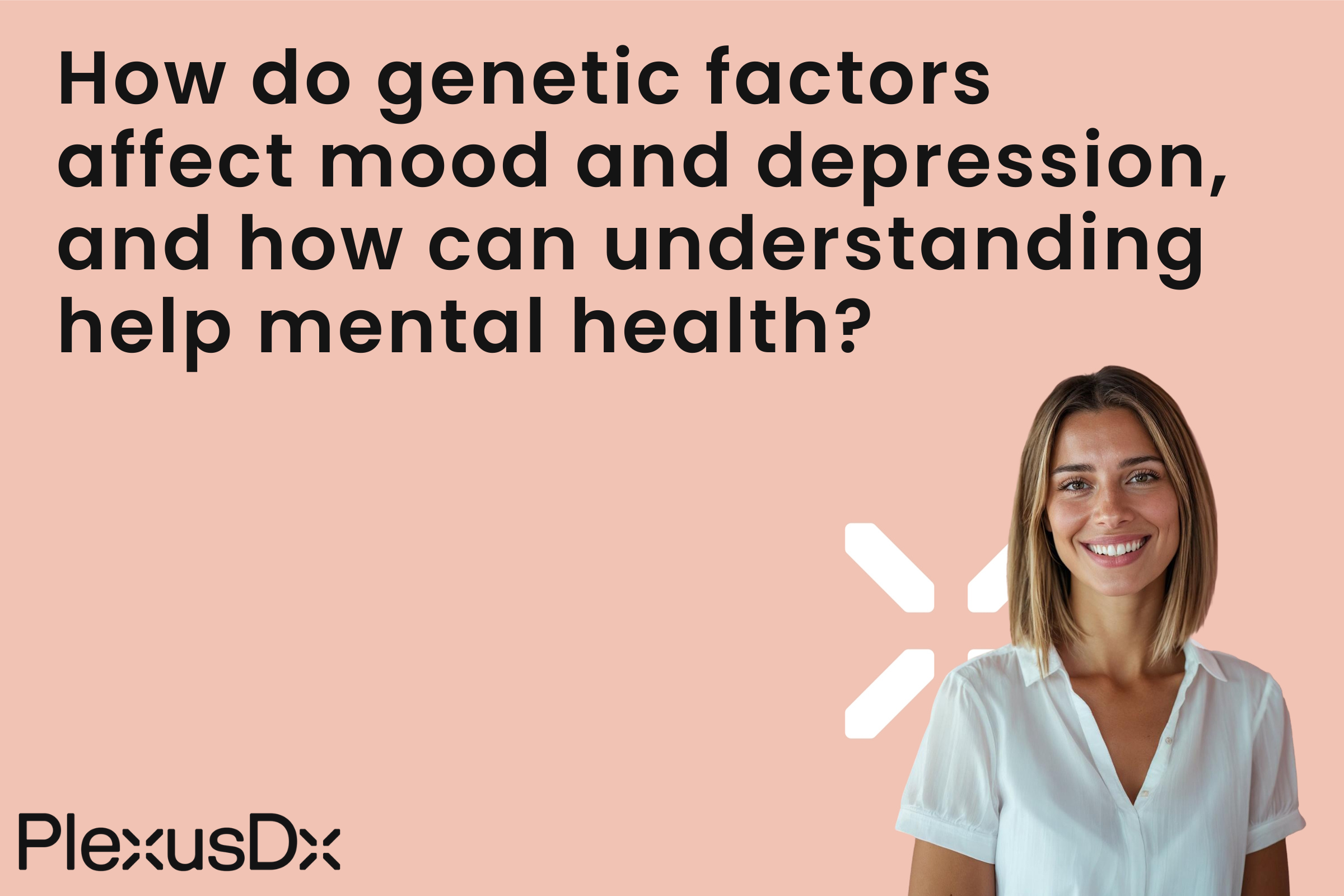Human beings inevitably encounter periods of sadness or reduced emotional states in their lives.
Life naturally involves experiencing both good and bad phases. The persistence of these emotions that disrupt normal daily functioning indicates a potential existence of clinical depression. Depression represents a global mental health crisis that affects millions of patients throughout the world. This blog post examines the genetic factors behind low mood and depression to reveal how our genes affect mental health. Recognizing how genetics influence low mood provides essential insights into the complexities of mental health. Genetic factors account for around 40% of the variability seen in individuals' vulnerability to depression according to research findings. Genetic makeup heavily influences our likelihood of developing this condition. The development of depression can result from multiple factors including age, traumatic experiences, medical conditions, and substance abuse. Different genetic variants linked to depression affect our body by changing how we respond to stress and altering our brain's chemical balance while also modifying inflammation levels and sleep patterns. Some genetic variants can cause heightened stress responses as well as reduced levels of brain neurotransmitters while simultaneously producing brain dysfunction and inflammatory reactions and sleep disruptions. Research shows that an increased white blood cell count and higher testosterone levels paired with low DHA levels correlate with a greater depression risk. Genetic research offers useful information about mental health but should be viewed as one element among many within the bigger picture. The development of depression can be heavily influenced by environmental elements including life stressors, medical illnesses and substance misuse. Effective depression management requires a holistic approach which integrates both genetic factors and environmental influences. When you experience symptoms such as low motivation, concentration problems, appetite changes, sleep disruptions or thoughts of self-harm you should get professional support. Your mental health can improve significantly through psychotherapy while also taking prescribed medication and making lifestyle changes such as engaging in regular exercise. Through partnership with healthcare specialists people can create personalized treatment strategies that consider their genetic predispositions alongside environmental influences. Recognizing genetic factors in depression enables people to actively pursue improved mental health outcomes. People who analyze genetic test results together with healthcare providers can create individualized plans for effective mental health management. Your genetic makeup determines your path but serves as valuable guidance in achieving emotional wellness. Learn more about your mental health genetic predispositions through PlexusDx's Precision Health & Wellness tests. Assume control of your health journey to discover a more joyful and healthy future.

Share:
What are the genetic factors affecting FSH levels and reproductive health impact?
Effect of "G" variant at rs1050450 on GPX1 gene on iodine levels?